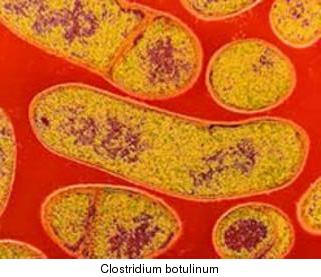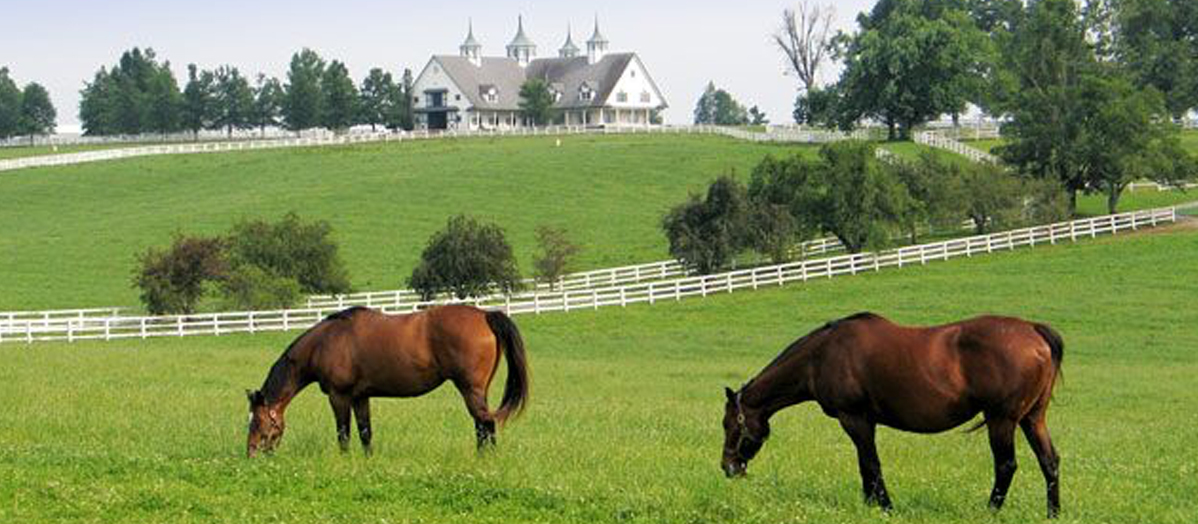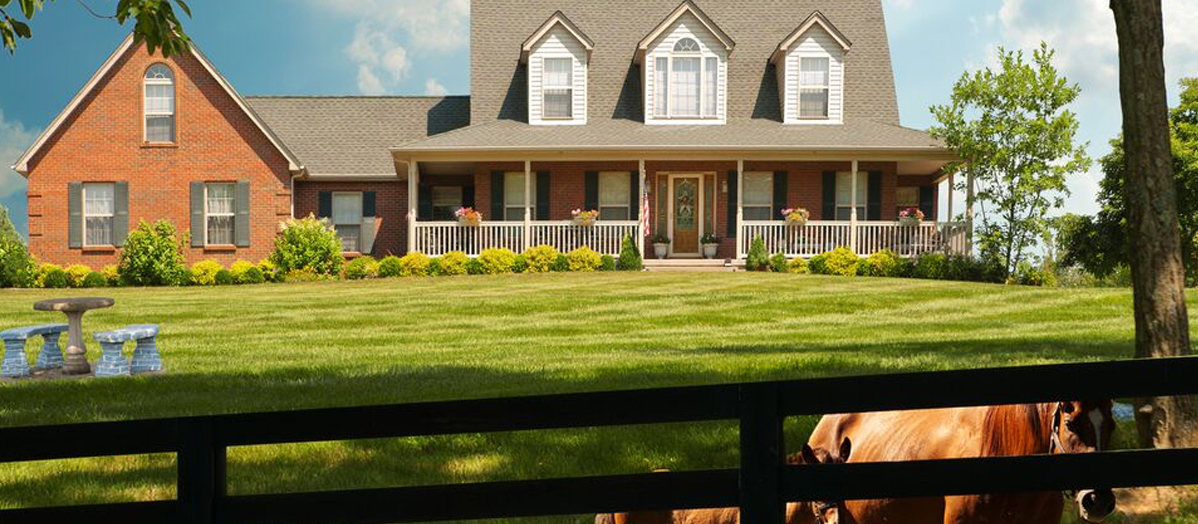365
Days in Horse Country – Botulism

Most people know botulism as something you get from eating contaminated
canned food. Horses can get botulism,
too, although not in the same way most humans get it.
Botulism is a deadly toxin produced by a bacterium called clostridium botulinum. The metabolic process of this bacterium produces neurotoxins, which affect the horse’s nervous system.
Horses can get botulism in the following different ways;
- They can get the bacterium in their systems via a deep puncture wound or when a wound results in a lot of necrotized flesh.
- They can get it from accidentally ingesting hay that has been contaminated by a dead bird or rodent during the harvesting process.
- They can accidentally swallow pasture soil that is contaminated with this bacterium.
When a horse has botulism, he will show weakness and paralysis. He may have trouble swallowing, or he may drool. He may have trouble standing, and his muscles may quiver. The symptoms get progressively worse until the diaphragm muscle becomes paralyzed, and the horse is unable to breathe. Death soon follows.
Because botulism is difficult to diagnose other than through analysis of symptoms, vets often treat it without having definitive diagnosis. The horse is given horse hyper immune plasma, which is very high in antitoxin titers. This treatment is expensive and doesn’t always work. Supportive care in the form of fluids, tube feeding, and antibiotics can be the best way to combat the illness. This gives the horse’s body time to repair itself on its own.
Prevention is always the best medicine and so the best way to prevent botulism is to inspect your horse’s hay for animal carcasses. If you find a dead animal, or parts of one, in a flake or hay, don’t feed the rest of the bale. Routinely inspect your barnyard and paddocks for hazards and when your horse does get hurt, prevent infection via puncture wounds by calling your vet immediately if your horse becomes seriously injured.
Michael







